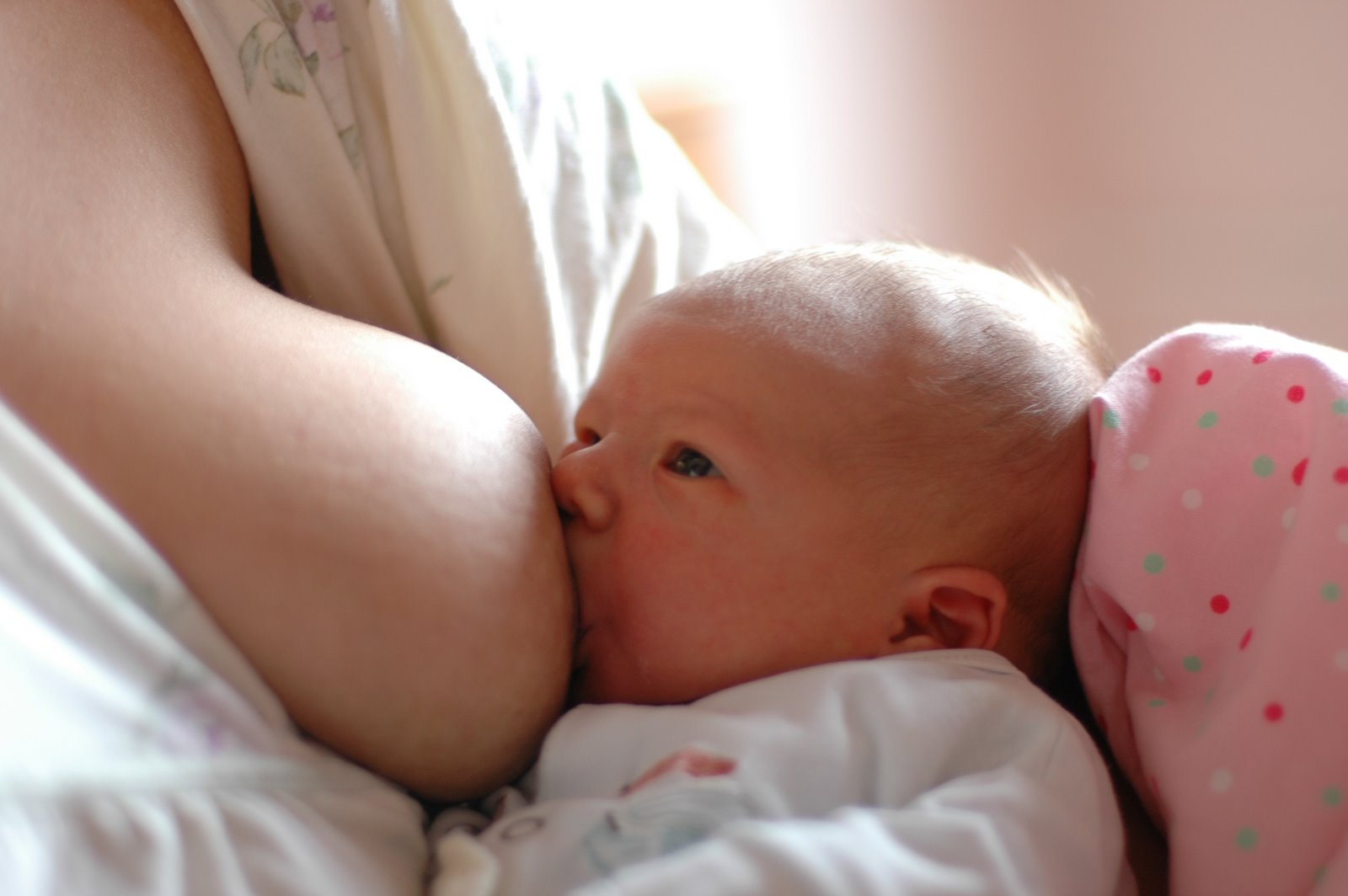Some new mums experience breast engorgement when their milk starts landing in two or three days after birth. It’s commonly short-lived and successfully treated.
When you initially start breastfeeding your newborn child, your breasts produce colostrum in little amounts that relentlessly increase over a couple of days. Nevertheless, after two to four days, they start making much greater amounts of milk.
One of the signs that milk is coming in is that your breast becomes full and firmer. This swelling isn’t simply created by the amount of milk, yet by the circulation and additional lymph fluids in your breast tissue.


